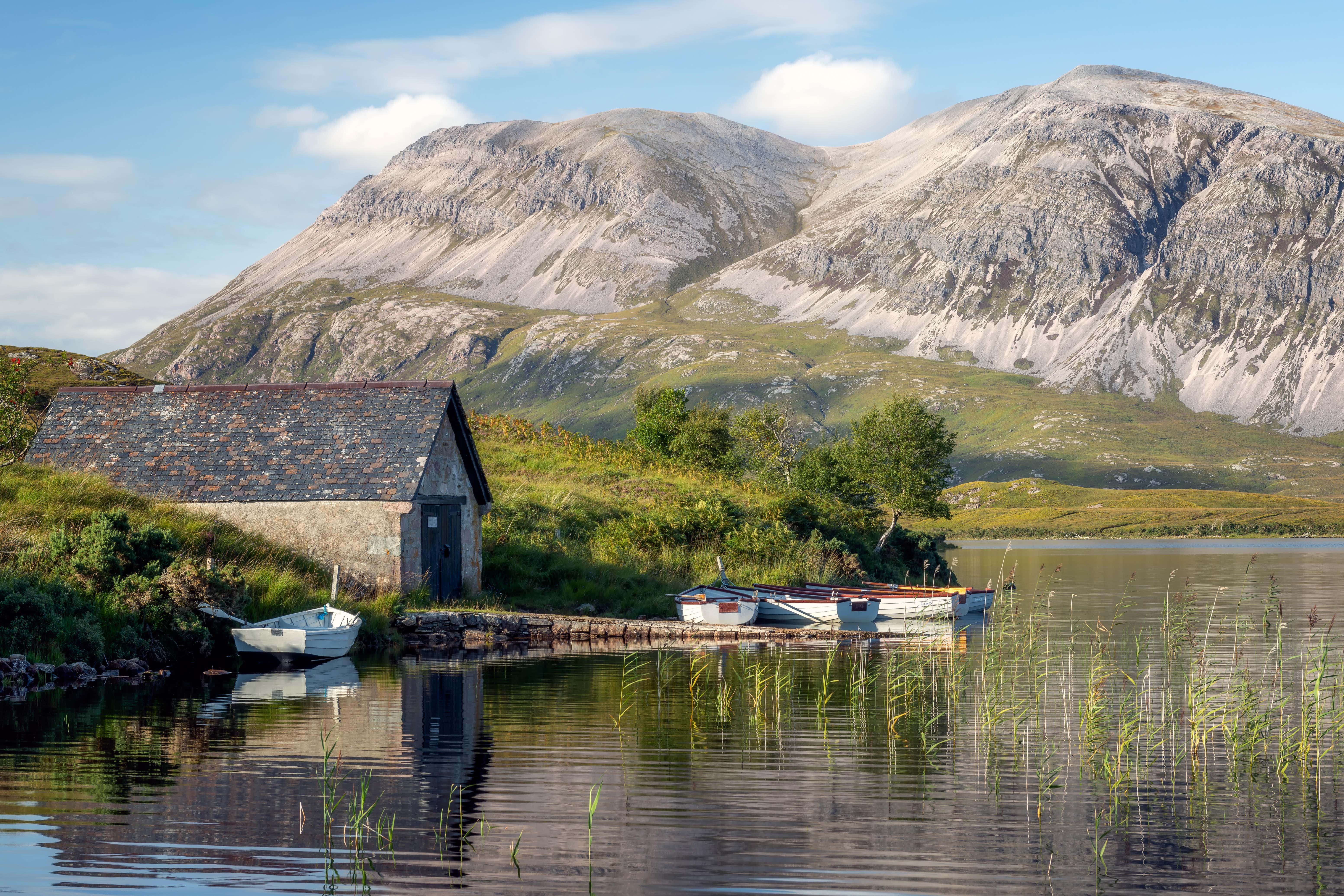Scottish village sets provisional new UK record January temperature of 19.6C
The Met Office said the figure was recorded in Achfary, Sutherland, on Sunday.

Your support helps us to tell the story
From reproductive rights to climate change to Big Tech, The Independent is on the ground when the story is developing. Whether it's investigating the financials of Elon Musk's pro-Trump PAC or producing our latest documentary, 'The A Word', which shines a light on the American women fighting for reproductive rights, we know how important it is to parse out the facts from the messaging.
At such a critical moment in US history, we need reporters on the ground. Your donation allows us to keep sending journalists to speak to both sides of the story.
The Independent is trusted by Americans across the entire political spectrum. And unlike many other quality news outlets, we choose not to lock Americans out of our reporting and analysis with paywalls. We believe quality journalism should be available to everyone, paid for by those who can afford it.
Your support makes all the difference.A village in the north of Scotland has provisionally set a new UK January temperature record of 19.9C, the Met Office confirmed.
Achfary in Sutherland recorded the temperature on Sunday, beating the provisional record of 19.6C announced at Kinlochewe in the north-west Highlands.
Prior to the weekend, the record of 18.3C was held by the villages of Inchmarlo and Aboyne in Aberdeenshire, which hit that figure in 2003; and Aber, Ceredigion, which reached the same level in both 1958 and 1971.
In a post on X on Monday, the Met Office said: “A manual reading at Achfary, a site in north-west Scotland, has come in today with a temperature of 19.9C on Sunday, provisionally setting a new UK maximum temperature record for January.
“This exceeds the automated reading of 19.6C reported yesterday at Kinlochewe.”
A Met Office spokesman said a meteorological phenomenon known as the Foehn effect is behind the high temperatures.
He said: “It’s very similar to the information from Kinlochewe, the provisional temperature record is driven by the Foehn effect.”
This occurs when air is forced over a mountain range and warms, moving down the other side, causing a rise in temperatures.
The spokesperson said: “The increased heat and clear skies allow more solar radiation to come in and boost the temperatures as well.”
He said the previous record temperatures in January were also attributed to the same phenomenon.
He said the the provisional record will be checked by the verification team who “will be going to visit sites and check the calibration of the equipment over the next couple of days”.
Achfary and Kinlochewe were both covered by a yellow weather warning for wind on Sunday.
The warning was in place for the north-west Highlands and Western Isles between 11am and 5pm, with a 71mph wind gust recorded in South Uist.